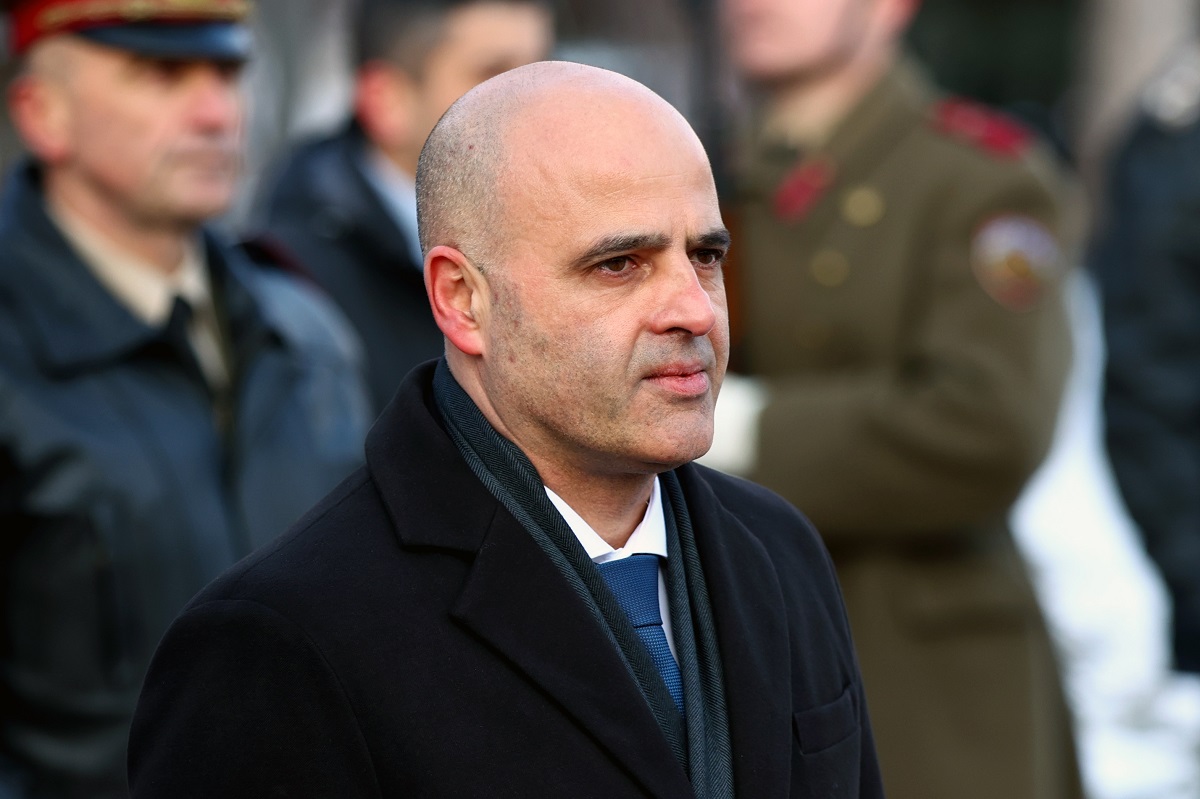Can North Macedonia survive another painful sacrifice?
Five years have passed since the signing of the Prespa Agreement between North Macedonia and Greece. It was, and still is an agreement that left no one indifferent, Macedonian or Greek alike, and the consequences, both positive and negative, are felt to this day. The agreement was praised throughout the world as a visionary, modern and progressive way to solve the name issue, which plagued bilateral relations between the two countries for almost three decades.
July 4, 2023 -
Jovan Gjorgovski
-
AnalysisIssue 3-4 2023Magazine

North Macedonia's Prime Minister Dimitar Kovachevski during his visit to Bulgaria in 2022. Bulgaria remains the largest barrier on North Macedonia’s EU path and demands that Skopje takes measures which many argue will have a negative impact on the Macedonian identity. Photo: Belish / Shutterstock

































